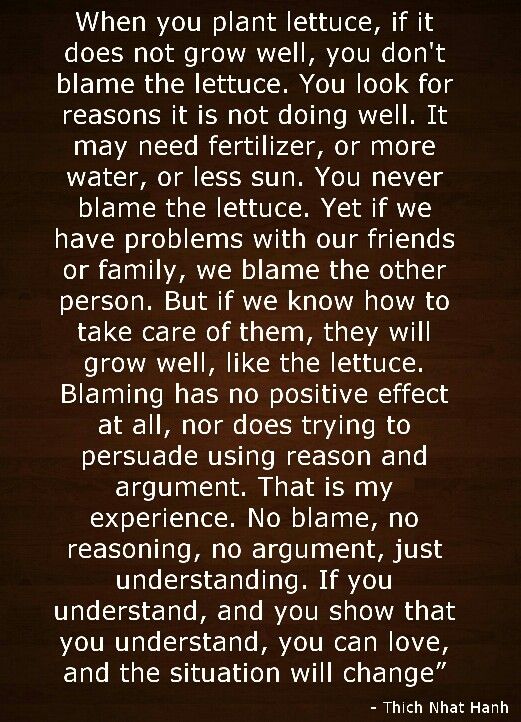“To be self-compassionate is not to be self-indulgent or self-centered. A major component of self-compassion is to be kind to yourself. Treat yourself with love, care, dignity and make your wellbeing a priority. With self-compassion, we still hold ourselves accountable professionally and personally, but there are no toxic emotions inflicted upon and towards ourselves.”
Christopher Dines
“Sometimes we’ll say small things to someone and they’ll lose their sh*t. It’s not because they’re crazy—it’s because whatever we said was the last straw. People walk around collecting moments of stress, and if left unaddressed, stress will pile up until they hit their limit, and then Kaboom! We’ve all had our own stories of hitting our breaking point and letting the wrong person have it. Those experiences, as unfortunate as they are, also allow us to find compassion when it happens to others.” ~ Humble the Poet, Things No One Else Can Teach Us (Page 225)
“We judge people because it’s easier than what we should be doing: trying to understand them. When we understand, we’re less reactive and more compassionate. Trying to understand someone or something requires much more effort than judging, but it’s so much more enriching in the long run.” ~ Humble the Poet, Things No One Else Can Teach Us (Page 163)
“When we’re in any kind of pain, we can use it to open our hearts to the reality that people are always suffering. Pain is something everyone experiences. We can use it to ground us in the fundamental truth of our being. Pain gives us firsthand experience by which to be kind and generous to others. It gives us direct access through our empathy to helping others. We can use pain to activate compassion. We’d like others not to experience pain, and we can extend ourselves to them. We can contemplate the words, ‘May all beings be free of pain.’ Our direct experience of pain only makes our wish more potent. It may even decrease our pain, because it increases our joy. This becomes a wonderful meditation, to sit there and contemplate the relief of pain and suffering of everyone, of the whole world—not only because it changes our attitude toward our own pain, but also because it’s opening our mind of enlightenment. This kind of prayer is always healing.” ~ Sakyong Mipham, Turning the Mind Into An Ally (Page 144)
“We can say ‘blue,’ but until we see the color blue, we don’t really know what the meaning is. We can say that something is hot, but until we touch it, we don’t know what ‘hot’ means. We can talk about bringing our mind to compassion by saying ‘May all sentient beings be free from suffering and the root of suffering,’ but until we feel the pain of others, ‘pain’ is only a word. We have to crack its shell to let its meaning infuse us, seep into our lives.” ~ Sakyong Mipham, Turning the Mind Into An Ally (Page 133)
“From a Buddhist point of view, human beings aren’t intrinsically aggressive; we are inherently peaceful. This is sometimes hard to believe. When we’re angry or upset, our untrained mind becomes belligerent and we routinely strike out at others. We imagine that reacting aggressively to the object of our emotion will resolve our pain. Throughout history we have used this approach over and over again. Striking out when we’re in pain is clearly one way we perpetuate misery. With a trained mind, a stable mind, a mind with a larger motivation than its own comfort, we find another way to work with difficulties of daily life. When we’re in a difficult situation, we maintain our seat. Instead of perpetuating misery by acting out aggression, we learn to use the rough spots to spark the courage to proceed on our journey. Eventually we may actually be able to turn the mind of anger into the energy of love and compassion.” ~ Sakyong Mipham, Turning the Mind Into An Ally (Page 26)
“Whether we’re twenty-five or eighty-five, we can choose to live in the things that warm us—in love, humor, compassion, empathy, a supportive arm—not because they make life easy, but because they do the most for us when life is hard.” ~ John Leland, Happiness is a Choice You Make (Page 194)
“To you, it was just picking flowers. To them, it was a massacre.” ~ Iain Thomas, I Wrote This For You
“We have to continue to practice mindfulness and reconciliation until we can see a child’s body of skin and bones in Uganda or Ethiopia as our own, until the hunger and pain in the bodies of all species are our own. Then we will have realized nondiscrimination, real love. Then we can look at all beings with the eyes of compassion, and we can do the real work to help alleviate suffering.” ~ Thich Nhat Hanh, Peace is Every Step










